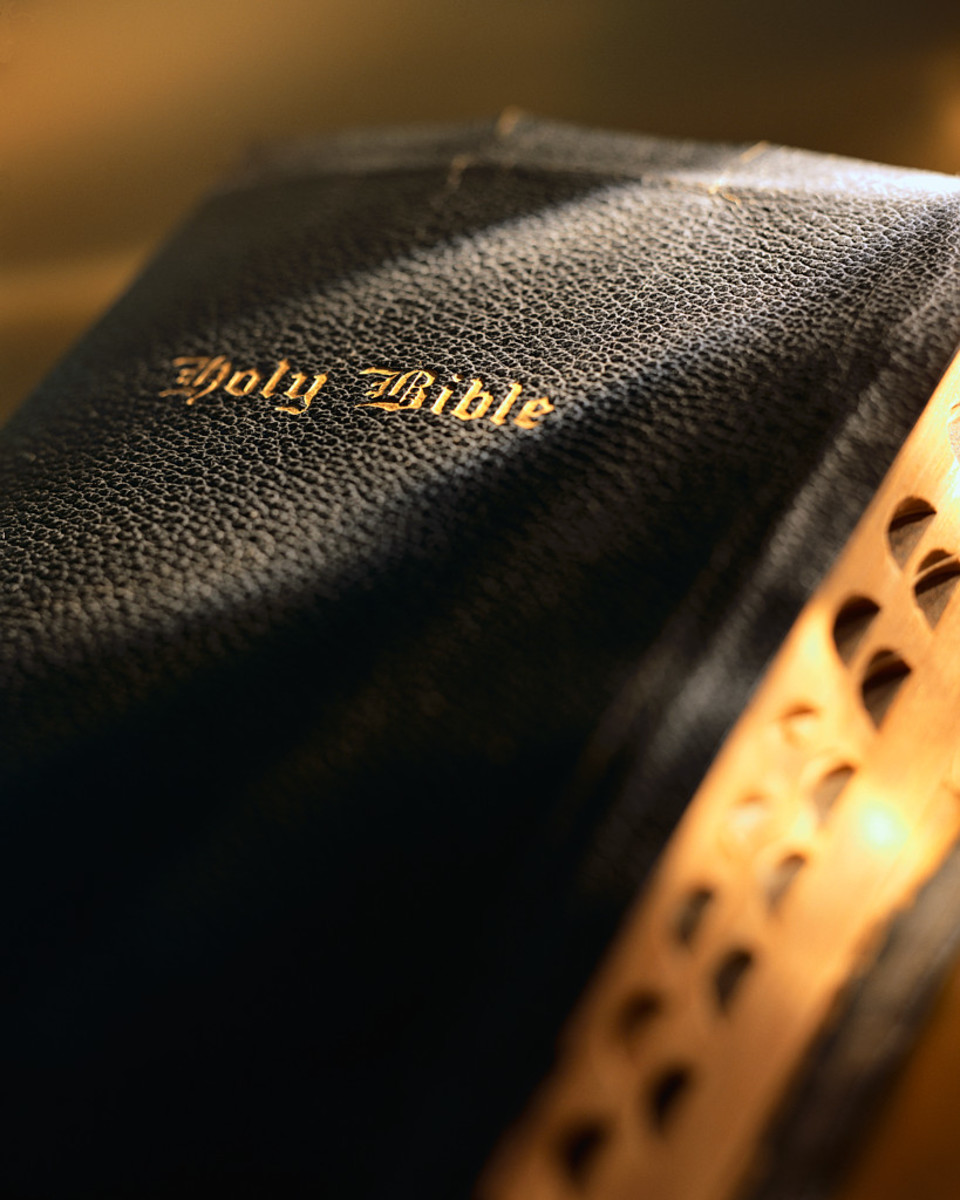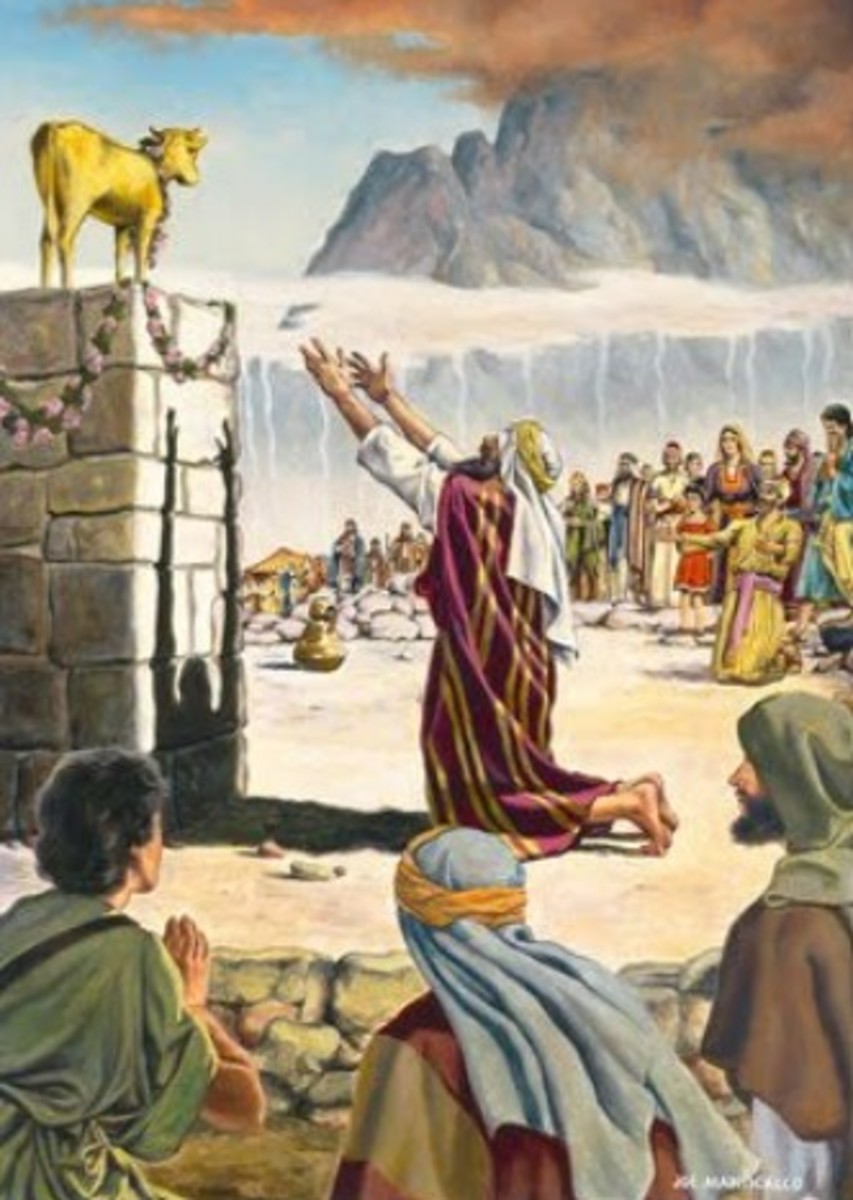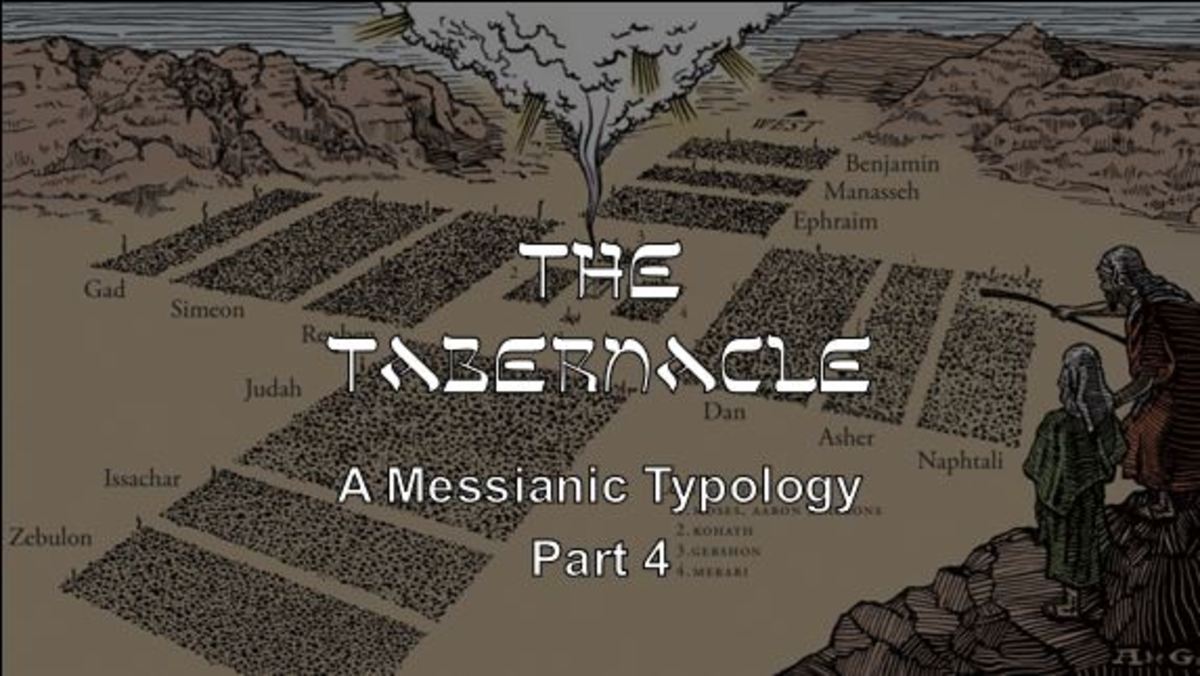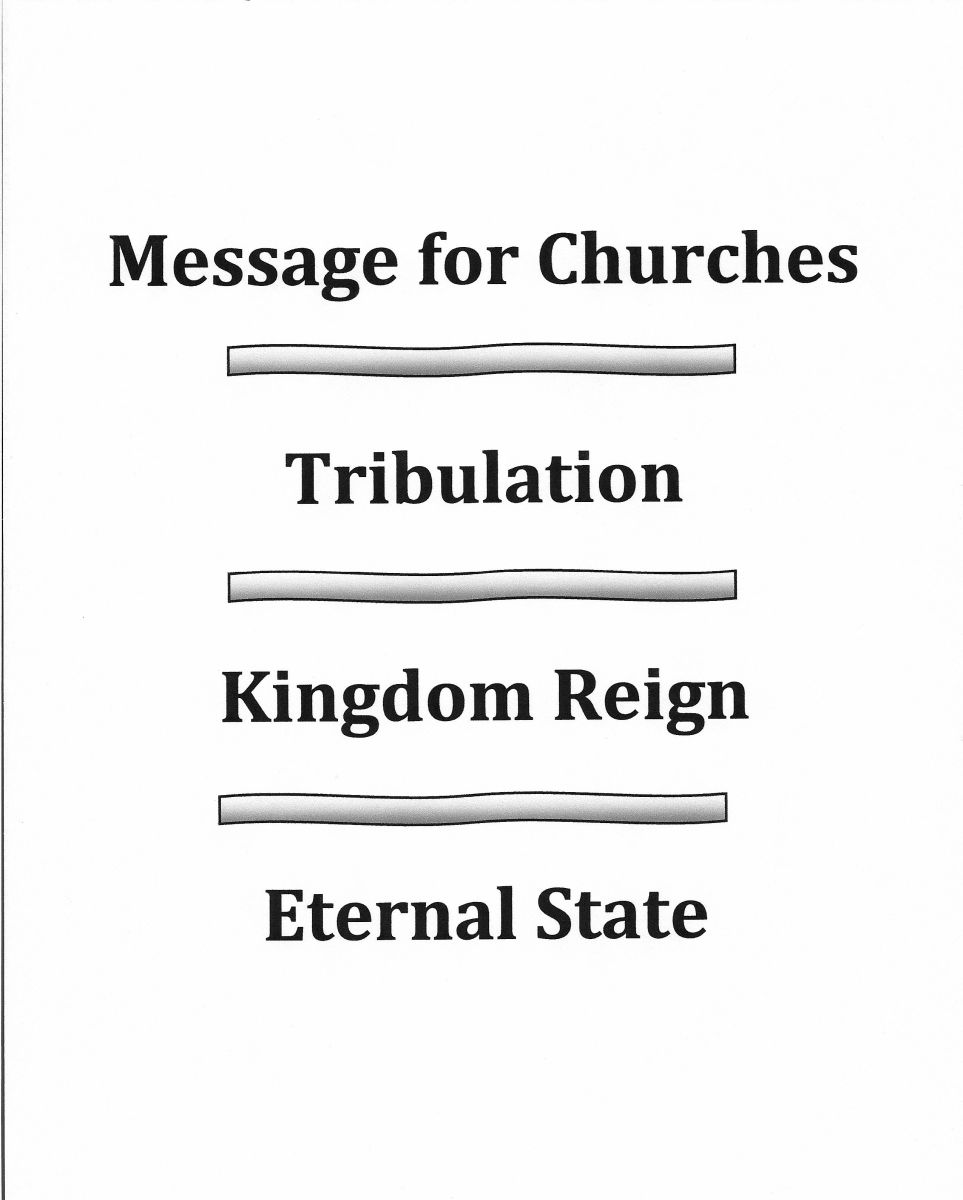Bible: What Does Jeremiah 7-9 Teach Us About Antinomianism, Idolatry, Disobedience, and Divine Punishment?
The Queen of Heaven
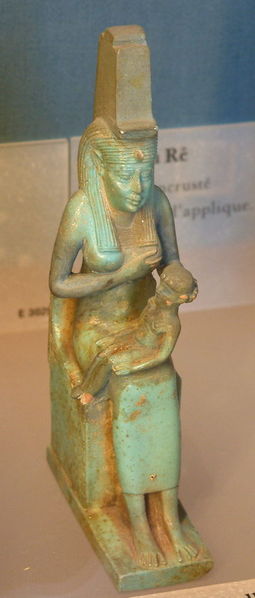
The Queen of Heaven and Mary
Do you think Judah's worship of the "Queen of Heaven" prefigures the Roman Catholic Church's veneration of Mary?
Sinful Behavior and False Worship
Yahweh commands Jeremiah to stand in a place in the temple—specifically, at the gate—where everyone who enters will hear him preach a message of repentance and restoration (vv. 1-3).
Apparently, Judah had been heeding a different message: "the LORD would never allow any enemy to destroy His temple." God calls this report, "lying words" (v. 4).
Jeremiah issues God's conditional promise to restore the people to the land, provided that they produce fruits of repentance (vv. 5-7).
He bemoans the utter nonsense and contradictions in their thinking: that they can sin—note the number of commandments they had been breaking—and then come to worship the LORD (vv. 8-11).
[Jesus found the same conditions in Israel when He confronted the people in the temple (see Mark 11:17 and Luke 19:46)].
The LORD finally rebuts their false trust by pointing out that He destroyed Shiloh, an earlier place of worship, because of Israel's sin (v. 12).
At that time He sent preachers of repentance, but the people failed to heed Him then, too.
The same disobedience elicits the same kind of judgment (vv. 13-14), and Judah will follow the northern kingdom (Ephraim) into exile (v. 15).
God instructs the prophet not to intercede for his people, for He knows the futility of the effort (v. 16).
He calls Jeremiah's attention to entire families which labor together to offer sacrifices to a foreign, female deity (the queen of heaven) [vv. 17-18].
Provoked to wrath by their idolatry, Yahweh resolves to punish them; nothing can hinder Him in this determination (vv. 19-20).
Tophet in the Valley of Hinnom
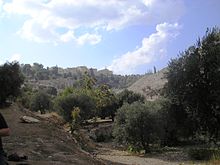
The Valley of Slaughter
By rejecting their burnt offerings, He says, in essence, "Eat the meat yourselves; I want no part of it.” The LORD requires obedience before sacrifice (vv. 21-23).
The Israelites "did their own thing" instead of obeying God's will, and consequently, they foundered terribly, always rejecting Yahweh’s messengers (vv. 24-26).
God warns Jeremiah that he himself can expect the identical response from the current generation (v. 27).
The prophet must confront his people with very sad news and an object lesson to match: truth has perished in Judah.
Therefore, the LORD has rejected them (vv. 28-29).
[By cutting off and throwing away his hair, Jeremiah demonstrates God's forsaking of that generation].
Yahweh cites their abominable child sacrifice ritual at Tophet (the Valley of the son of Hinnom) as something that He "did not command, nor did it come into My heart" (vv. 30-31).
He foretells the day when Tophet (the Valley of Slaughter) will be filled with their corpses and scavenger birds with their flesh, and all mirth and joy will disappear from Jerusalem's streets (vv. 32-34).
Scribes and Wise Men
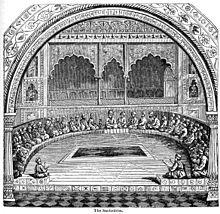
A Dearth of True Wisdom
Jeremiah 8
Completing the scene from this horrific future (see 7:32-34), the LORD foretells that the residue of Judah will spread out their leaders' bones and those of other inhabitants before the heavenly bodies as an act of ritualistic worship (vv. 1-3).
Jerusalem has apostatized, caught in a "perpetual backsliding" out of which "they refuse to return" (vv. 4, 5).
In describing their attitude, Jeremiah employs a clause reminiscent of Isaiah 53:6 (v. 6).
He contrasts other creatures with mankind, remarking that irrational birds respond obediently and naturally to God's call; mankind, however, takes no knowledge of judgment to come (v. 7).
Yahweh contradicts the confident, proud assertions of the scribe and wise men—who claim they all understand and are obeying God's law—by pointing out their rejection of the divine word.
Hence, an absence of true wisdom exists among them (vv. 8-9).
Their covetousness will cause great material and social loss (vv. 10-12; see 6:12-15); thus, no remnant or blessing remains (v. 13).
Jeremiah summons the sinning people to assemble silently in the fortified cities (v. 14).
Bitter disappointment has wrecked Israel; judgment is coming, not peace and health (vv. 15-16).
Their pain will resemble the bite of a viper, and they cannot avoid it (v. 17).
The prophet's deep grief echoes from the page, as he hears the people's cries (vv. 18-19).
Jeremiah acknowledges that God takes no pleasure in the death of His people; He would desire that they would repent.
But their refusal to do so precludes their long-awaited salvation (v. 20).
Jeremiah's concern surfaces again through his admission of hurt, mourning, and astonishment; he wonders aloud, "Is there any cure for Israel's sickness?'' (vv. 21-22)
The Weeping Prophet

Jeremiah 9
The man of God continues to grieve, wishing that he could weep continually (v. 1). Why?
Perhaps he believes that if tears could comfort the bereaved, he would cry them.
Yet simultaneously, Jeremiah also desires to abandon the wicked among his people in order that he might live in the wilderness (v. 2).
God laments again about Israel's lying tongue, their deepening depravity, their ignorance of Himself, their distrust of brothers, and their continued self-deception (vv. 3-6).
He, therefore, plans to send the people trials of refinement to deal forthrightly with their deceit (vv. 7-9).
While Jeremiah purposes to weep for the desolated land (v. 10), in chorus-like fashion, the LORD follows up the prophet's words with a vow to destroy Judah completely (v. 11).
Then with three incisive questions Jeremiah wonders aloud and inquires, in essence, "Is any Israelite alive who is wise enough to recognize that the desolation is a judgment from God?" (v. 12).
The Word of God
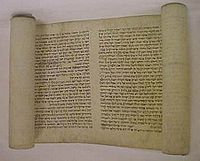
The Proper Subject for Glorying
view quiz statisticsPunishment for Lawbreakers
Yahweh answers him directly and specifically, saying that the land perishes because Israel has forsaken the law (v. 13); they are living "according to the imagination of their own heart and after the Baals" (v. 14).
Their punishment involves three aspects:
(1) bitterness of spirit (v. 15),
(2) exile among strangers (v. 16), and
(3) execution (v. 16).
The LORD calls for professional wailers to lead the plundered, homeless nation in mourning (vv. 17-19).
Therefore, Jeremiah exhorts these wailing women to teach their daughters this art, for these young ones will also mourn the deaths of children and young men in the future (vv. 20-21).
Unburied corpses will lie and rot in the fields (v. 22).
Yahweh summarizes man's proper subject for "glorying": his knowledge of God.
While some people value wisdom, and others exult in their might and wealth, those who acknowledge the worthiness of the covenant-keeping LORD bring delight to Him (vv. 23-24; cf. Paul's discussion of this theme in 1 Corinthians 1:26-31).
God solemnly promises that Israel, uncircumcised in heart, will suffer at the hands of many “uncircumcised-in-the-flesh” Gentiles (vv. 25-26; cf. Rom. 2: 29).
© 2013 glynch1


